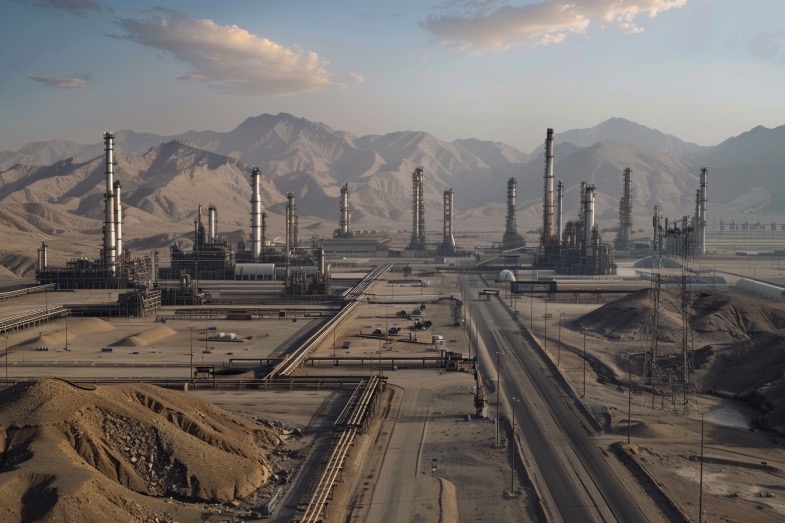Global Talks to End Plastic Pollution Fail Once Again
GENEVA — After the sixth round of UN negotiations in just under three years, global talks to develop a groundbreaking treaty to end plastic pollution have hit a roadblock.
The negotiations, which were supposed to conclude on Thursday, extended into the night as countries grappled with a deadlock in their positions.
A division persisted between around 100 nations advocating for restrictions on plastic production and oil-producing states pushing for a focus on recycling.
Missed Opportunities and Ongoing Challenges
In the early hours of the morning, Cuban delegates expressed disappointment, stating that countries had “missed a historic opportunity but we have to keep going”.
The talks were initiated in 2022 in response to mounting scientific evidence highlighting the risks of plastic pollution to human health and the environment.
Despite the widespread benefits of plastic across various sectors, scientists are particularly alarmed by the potentially toxic chemicals they contain, which can seep out as plastics degrade into smaller pieces.
Microplastics have been found in soils, rivers, the air, and even human organs.
Struggles and Setbacks in Reaching a Resolution
Countries had an initial deadline to finalize a deal by the end of December last year, which they failed to meet.
The collapse of the latest talks has further delayed progress in addressing plastic pollution.
Expressing frustration on behalf of island nations, Palau, a northern Pacific country, stated on Friday: “We are repeatedly returning home with insufficient progress to show our people.”
“It is unjust for us to face the brunt of yet another global environmental crisis we contribute minimally to,” the statement added.
Core Divides and Future Directions
The primary division among countries revolves around whether the treaty should target plastics at the source by reducing production or focus on managing the resulting pollution.
The biggest oil-producing nations view plastics, derived from fossil fuels, as crucial for their future economies, especially as the world shifts away from petrol and diesel towards electric vehicles.
This group, including Saudi Arabia and Russia, argues that enhancing waste collection and recycling infrastructure is the most effective way to address the issue, a view shared by many producers.
However, researchers caution that this approach has limitations. Global recycling rates are only around 10%, with constraints on how much they can increase.
Challenges and Future Strategies
Plastic production has surged from two million tonnes in 1950 to approximately 475 million in 2022, with projections indicating continued growth without additional measures.
About 100 countries, including the UK and EU, have been advocating for production restrictions in the treaty and a more consistent global design to facilitate recycling.
This could involve simple measures like mandating uniform colors for plastic bottles, as dyed products fetch only half the value of clear bottles.
Major plastic packagers, such as Nestle and Unilever, support this approach and emphasize the importance of aligning schemes to include a small levy on plastic products for recycling efforts.
Impacts and Implications of the Deadlock
While the talks were supposed to conclude on Thursday, negotiations continued into the night in an attempt to overcome the impasse.
The new text proposed by the chair, Luis Vayas from Ecuador, appeared to align more closely with the UK group’s requests.
Although the text did not include a cap on plastic production, it referenced nations taking action to address issues like hazardous plastic chemicals and improving recyclability.
Reactions and Calls for Action
Environmental groups criticized the prioritization of profit by oil states over the planet’s health following the collapse of the talks.
Graham Forbes, Greenpeace’s head of delegation to the Global Plastics Treaty negotiations, urged the world to confront fossil fuel interests to effectively end plastic pollution.
The chair announced that talks will resume at a later date, leaving the fate of the treaty and the fight against plastic pollution uncertain. — BBC



